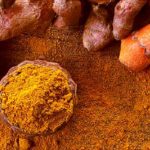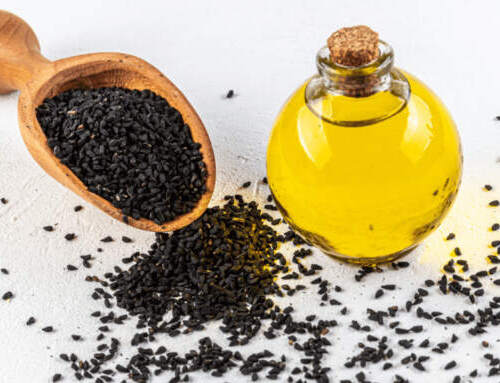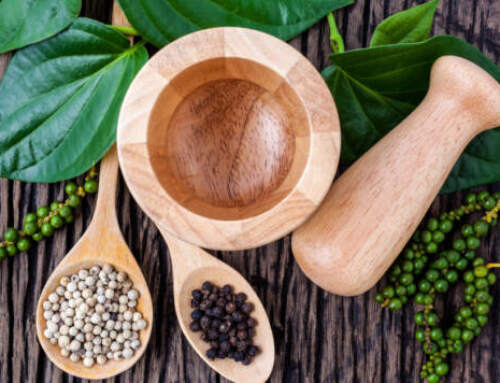Is Spice Rack Staple Turmeric a Health Star?
Turmeric is taking a turn as the latest “super food” to trend. Sales of this pungent spice with a rich yellow hue have risen steadily over the last few years and are expected to keep climbing.
Today, turmeric is in everything from supplements to teas, along with claims from supplement sellers and some media outlets that this “miracle spice” can fight inflammation, prevent cancer, defend against Alzheimer’s disease, and detoxify your body.
Can turmeric really do wonders for your health, or is it just another fad that promises far more than it delivers? The research is enticing, but experts say there isn’t enough proof to recommend it for preventing or treating disease just yet.
“There is a lack of evidence indicating turmeric is an effective treatment for any health condition,” says Craig Hopp, PhD, deputy director of the division of extramural research at the National Center for Complementary and Integrative Health.
The Evidence
Turmeric has been a staple of Indian cuisine for nearly 4,000 years. It’s also been a staple of folk medicine — used throughout the centuries to improve digestion, relieve arthritis, heal wounds, and treat dozens of other ailments.
Although no diet is proven to cure or treat psoriatic arthritis, rheumatoid arthritis, or other inflammatory conditions, you can choose foods that will help with it. Go for items that haven’t been highly processed. You want ones that are still close to their natural state.
The buzz about turmeric comes from these and other health-promoting properties. Studies suggest that it acts as an anti-inflammatory, antibacterial, anti-cancer, and antioxidant agent. A compound it contains called curcumin gets most of the credit for these benefits.
In cancer, for example, curcumin activates pathways that cause cancer cells to die prematurely. It also blocks pathways that enable these cells to grow, divide, and multiply. Turmeric is of special interest to cancer researchers because it can target cancer cells while sparing healthy cells.
For inflammation, studies have shown that curcumin changes immune system responses and blocks enzymes that can cause arthritis inflammation.
With so many possible applications for turmeric, it’s not surprising that researchers have been investigating whether it can prevent or treat a variety of diseases, including:
- Cancer
- Skin conditions like acne, itching, psoriasis, and rashes
- Alzheimer’s disease
- Infections
- Arthritis
- Inflammatory bowel disease
- High cholesterol and heart disease
- Diabetes
- Depression
- Gum diseaseIn studies, the spice has performed better against some conditions than others. “We know that it’s got good evidence for osteoarthritis and high cholesterol — those are two big ones,” says Ann Marie Chiasson, MD, co-director of the Fellowship in Integrative Medicine at the University of Arizona Center for Integrative Medicine.
“It also has some evidence that needs to be looked at more.”In some research, for example, curcumin relieved arthritis pain as well as ibuprofen. Studies also suggest it lowers unhealthy LDL cholesterol and increases healthy HDL cholesterol. However, study results can vary based on which part of turmeric researchers look at — the whole turmeric plant, a single compound like curcumin, or a mixture of many compounds, Hopp says. Each one can act differently.”It’s also important to differentiate studies that were performed in cells, from those performed in animals, from those performed in people,” he adds. A treatment that kills cancer cells in the lab might not do the same once it gets into the human body. And that’s part of the problem with turmeric. [15 Homeopathic Remedies]
Why Turmeric Isn’t a Simple Solution to Good Health
One of the main reasons why your doctor doesn’t prescribe turmeric for everything that ails you is that our bodies don’t take in curcumin very well. “It doesn’t get absorbed by the gut. So you have to eat a boatload of turmeric to get the active ingredients into your bloodstream,” says Shrikant Anant, PhD, associate director of cancer prevention and control at the University of Kansas Cancer Center.
One way to help your body absorb more turmeric is to take it with black pepper. A compound called piperine in black pepper prevents your gut from breaking down turmeric, which increases absorption. Many turmeric supplements come with piperine already mixed in. You may also be interested in celery seed.
Taking turmeric with fat or oil has the same effect. That’s why Chiasson recommends that you add turmeric to salads and toss it with an oil-based dressing. You can also cook with it — adding it to curries and other dishes along with oil or pepper to boost its absorption.
Researchers are also looking into better ways to get curcumin into the body. Some cancer researchers are trying to deliver curcumin via tiny bundles called nanoparticles. “The curcumin is being packaged into nanoparticles so it will be better absorbed and transferred to the cancer,” Anant says.
[…]




